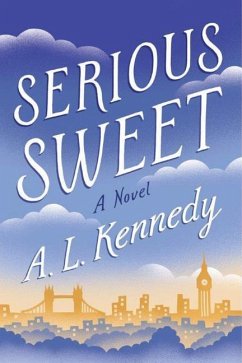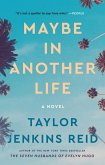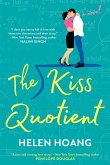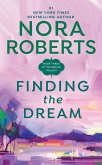6:42 am. The day does not start as planned for Jon Sigurdsson. He is a good man, tries to save a small bird thus losing time to prepare for his day as civil servant in Westminster. But what job is this anyway? He hates what he is doing, he hates his colleagues and above all, he hates his life. So
much has gone wrong. His wife left him, his daughter despises him and he does not like himself much…mehr6:42 am. The day does not start as planned for Jon Sigurdsson. He is a good man, tries to save a small bird thus losing time to prepare for his day as civil servant in Westminster. But what job is this anyway? He hates what he is doing, he hates his colleagues and above all, he hates his life. So much has gone wrong. His wife left him, his daughter despises him and he does not like himself much either. Meg Williams’ day is not really more promising albeit it is her birthday: one year sober. But she still has to fight every day, fight for a life she hates, fight for herself – but is there anything lovable about this self? As the day moves on relentlessly, we get to know them better and finally find out what links them - apart from their depression-like uncertainty and doubt.
It is no question at all: this novel duly was longlisted for the 2016 Man Booker Prize. The way A.L. Kennedy interweaves the lives of Jon and Meg is just brilliant. The story proceeds slowly which is the pace her characters need to get to each other. It recedes a step – by looking back in their lives – and then moves on again. Just like Jon and Meg move in their relationship which is not yet existing. A.L. Kennedy makes use of the classic Aristotelian unities: unity of action: Jon and Meg and their complicated way of getting together; unity of time: exactly 24 hours; unity of place: London. But luckily, we do not have a tragedy here, albeit there are tragic moments when you as a reader are tempted to shout at the characters to make them get rid of their depressing, negative thoughts, where everything is on the verge of going totally wrong. And we do not have tragic heroes – just heroes, because the can overcome their fears and do what they want to do, the find the courage to be who they want to be and to accept who and what they are.
It is a love story in a certain way, looking at it from the end. But much more it is a story which goes very deep to the darkest and most hidden places of our soul. We have characters who open up and let us look inside them where we find the thoughts and fears that might haunt each of us, too. And it is exactly this, the very close look at the human being, that makes this novel stand out. What I liked especially were the very short episodes inserted in the overall story where we get the chance to be present at a happy, noteworthy moment. Something we should observe much more closely in reality, too – this is something we really can learn from this novel.




